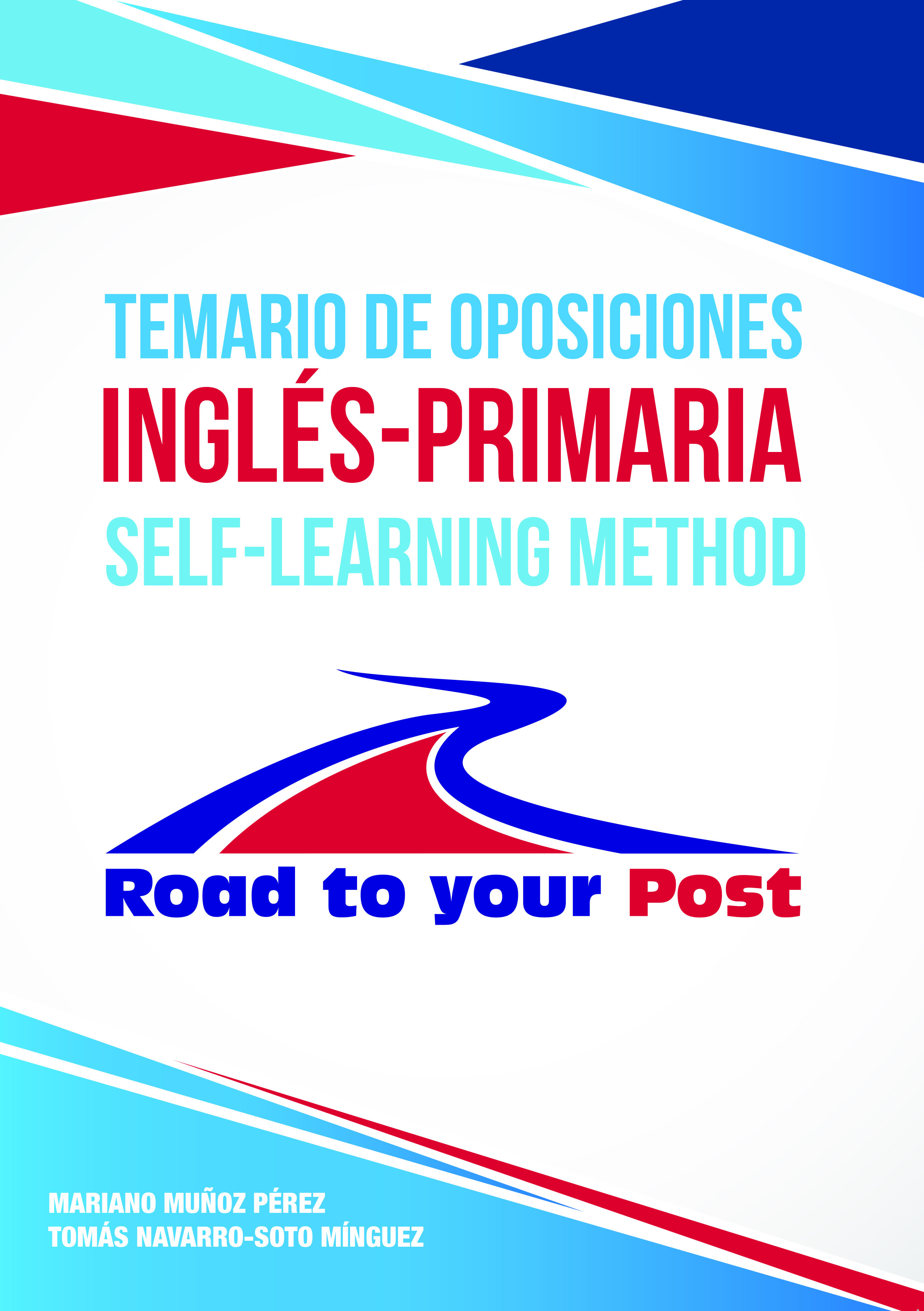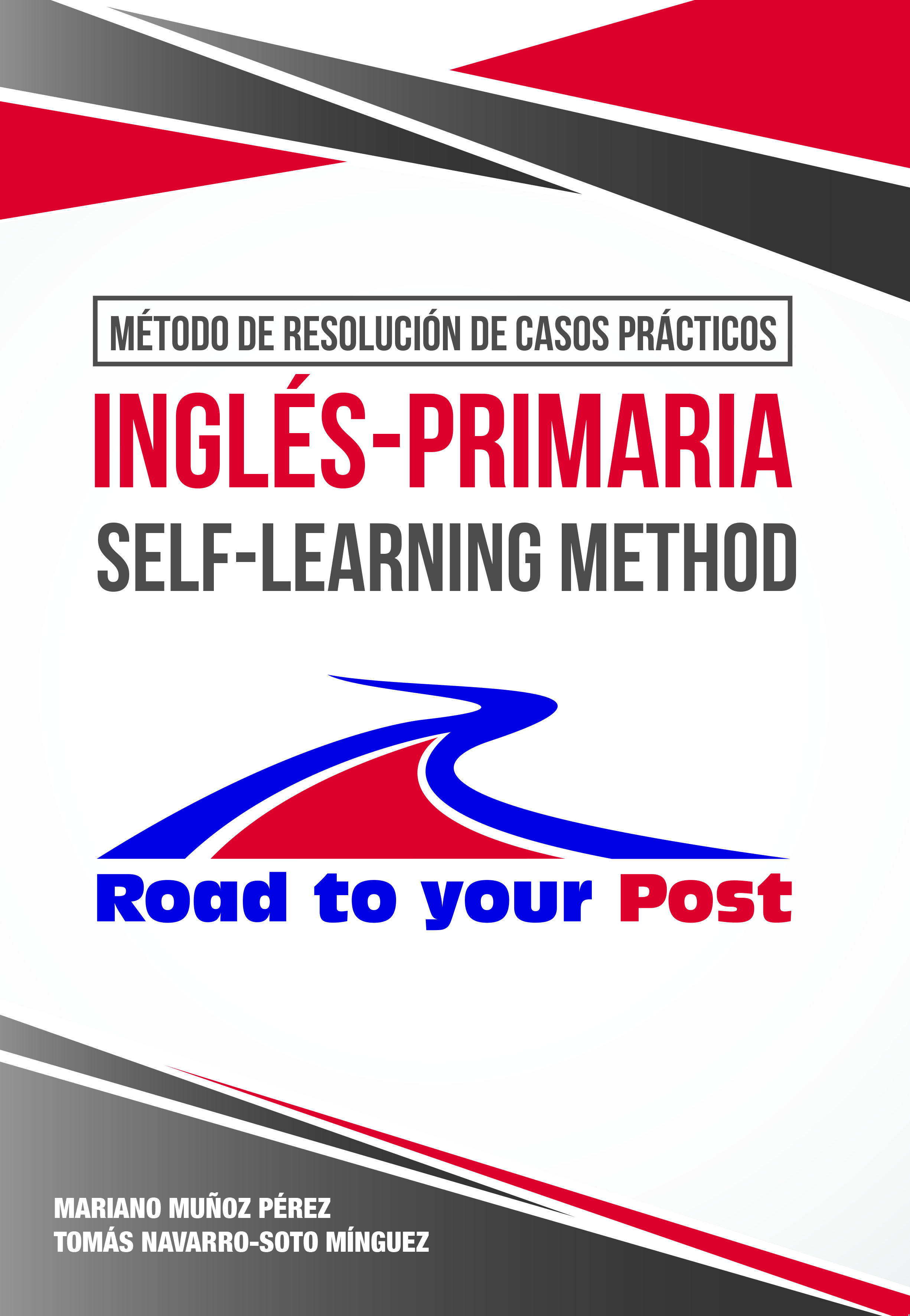The role of technology in EFL classrooms.
The role of technology in EFL classrooms.
Follow us: https://www.facebook.com/OposicionesInglesRP/
More about Road to your Post: oposicionesingles.com
Text extracted from: Temario de oposiciones Inglés-Primaria. Self-learning method.

Page 211
C3. Digital Competence (DC).
The application of this competence entails creative use of Information and Communication Technologies. In fact, the former concept of ICT has given way to that of Knowledge and Learning Technologies (KLT), since the aim is not a mere knowledge of these resources, but rather their integration in daily teaching-learning practice.
Topic 24
Technological and pedagogical aspects regarding the use of audio-visual materials. The computer as a helping device in the learning and improvement of FLs.
1. Introduction
It is a fact that in the last few decades there have been remarkable changes in the main aims of foreign language teaching, which include the shift from analysing to using the foreign language in different contexts and with varied purposes. Moreover, the modern European society shows an increasing concern for population to have access to an effective acquisition of foreign languages enabling people to satisfy their communicative needs. In this sense, the Common European Framework of Reference for Languages (CEFRL, 2001) intends to overcome the barriers of languages, providing a valuable framework through methodological guidelines and a common basis for the description of objectives and content.
Our State legislation, LOMCE 8/2013 and RD 126/2014, 28th February establishing the basic teaching requirements for Primary Education (a reference to the curriculum of the Autonomous Community should be included here), include the knowledge of a foreign language and the development of a basic communicative competence as one of the objectives to be achieved along this stage. The term “communicative competence” refers to enabling the learner to communicate through oral and written means, using the foreign language in real and meaningful contexts.
On the other hand, the teaching of foreign languages (FL onwards) has been affected by technologies over the last few decades, from the use of old tape-recorders in FLL classrooms to the appearance of the video, the CD-player and DVD. More recently, information and communication technologies (ICT) and the internet have not only provided FL teacher with a massive amount of materials and resources; but also with the possibility to get students to make real use of the FL in different contexts. Moreover, the initial use of the internet as a passive source of information has turned into a worldwide interactive tool in which people can interact, express ideas, ask for help, collaborate etc.
Along this presentation we shall analyse the way in which audiovisual materials can be integrated in the FL classroom. However, due to its importance, special attention must be paid to the use of ICT and its integration in FLT. After all, we cannot forget that our students are “digital natives”; they have grown up using technology and they feel comfortable and confident with it.
2. Audiovisual and interactive materials as technological and pedagogical resoureces for the learning and improvement of the English Language.
A brief history on Technologies and foreign language teaching.
The phenomenon of bringing “real English” to FL classrooms started with the appearance of tape-recorders and CD-players. Although nowadays “the ancient tape-recorders” have vanished from our schools, these first technological devices gave students the opportunity to listen to authentic use of the FL; and hence have access to different accents, authentic speed, intonation, and the like.
Undoubtedly, the burst of the tape-recorder (and more recently CD-player) in the FL classroom contributed to set the bases for some methodological guidelines which are still perfectly valid and applicable to other audiovisual materials, like the DVD or even the use of internet audiovisual resources. As an example, we may mention the division of tasks in three different stages: pre (motivation, elicitation and presentation of language items), while (devoted to listening and showing understanding) and post (which refers to the integration of knowledge by taking what has been learnt to other situations). Thus, when implementing an active video session may be divided into three stages:
• Previewing activities: … https://shop.oposicionesingles.com/
Text extracted from: Método de resolución de casos prácticos. Self-learning method.

MODEL 6: Describe the integration of knowledge and learning technologies in the teaching of English in your lessons, considering an original educational proposal that promotes communicative competence in the context of project based learning.
A quick identification of the keywords in this PCS should give evidence of what the TBE may expect from candidates:
“Describe the integration of knowledge and learning technologies in the teaching of English in your lessons, considering an original educational proposal that promotes communicative competence in the context of project based learning.”
In this case, we must devise a justified proposal in which we prove our updated knowledge on technologies and our abilities and creativity when it comes to the design of an attractive learning context for real communication in a FL to take place. In order to provide the candidate with some essential information, let us start with some previous considerations.
The impact of ICT in our modern society is a widely accepted fact that has necessarily affected what we teach, the way we teach and what and how students are required to learn and face challenges. Our students, who have been born in the age of technologies, are oftentimes referred to as “digital natives”. In this scenario, it seems more than reasonable to think that FL teachers are in charge of taking advantage of the learners´ interests and preferences for technologies and reflect on how these digital tools can be integrated in the FL classroom. In this PCS, we may consider that information and communication technologies (ICT) and the internet have not only provided FL teacher with a massive amount of materials and resources; the possibility to get students to make real use of the FL in different contexts is in fact one of the wonders in digital teaching. Moreover, the initial use of the internet as a passive source of information has turned into a worldwide interactive tool in which people can interact, express ideas, ask for help, collaborate etc.
Consequently, modern teaching of FLs has been dramatically changed by the burst of new technologies in our classrooms. In fact, the ways how English is taught and learnt are now undergoing some adjustments so as to keep up with the advancement of information and communication technology. In this sense, as integration of ICT on a daily basis in the learning process is the main objective, teachers must assume the new role of “creator of learning contexts” similar to real-life ones.
Why do we have to devise “contexts” for learning? First and foremost, we should be aware that “contextualising learning” implies putting the language …




